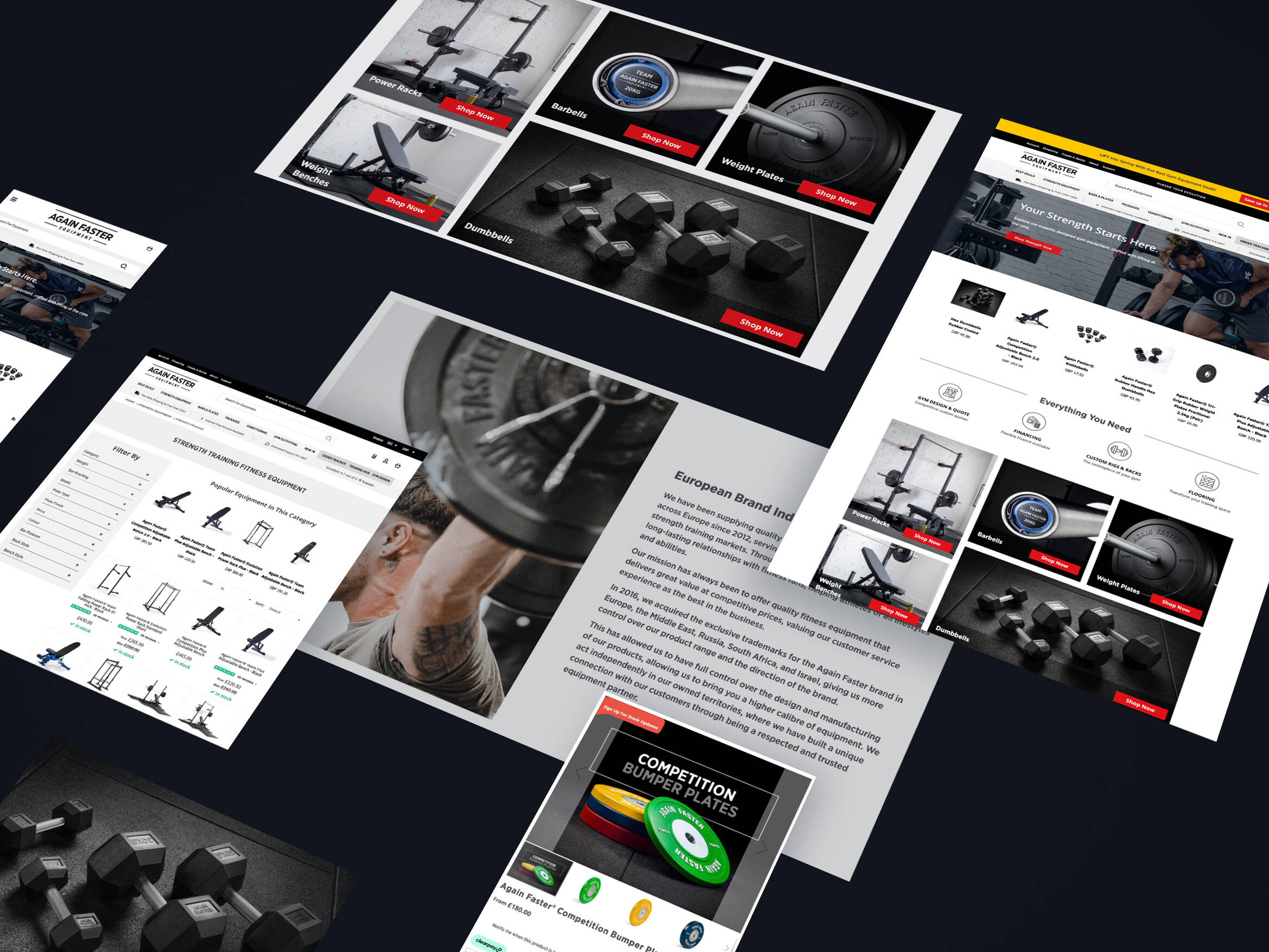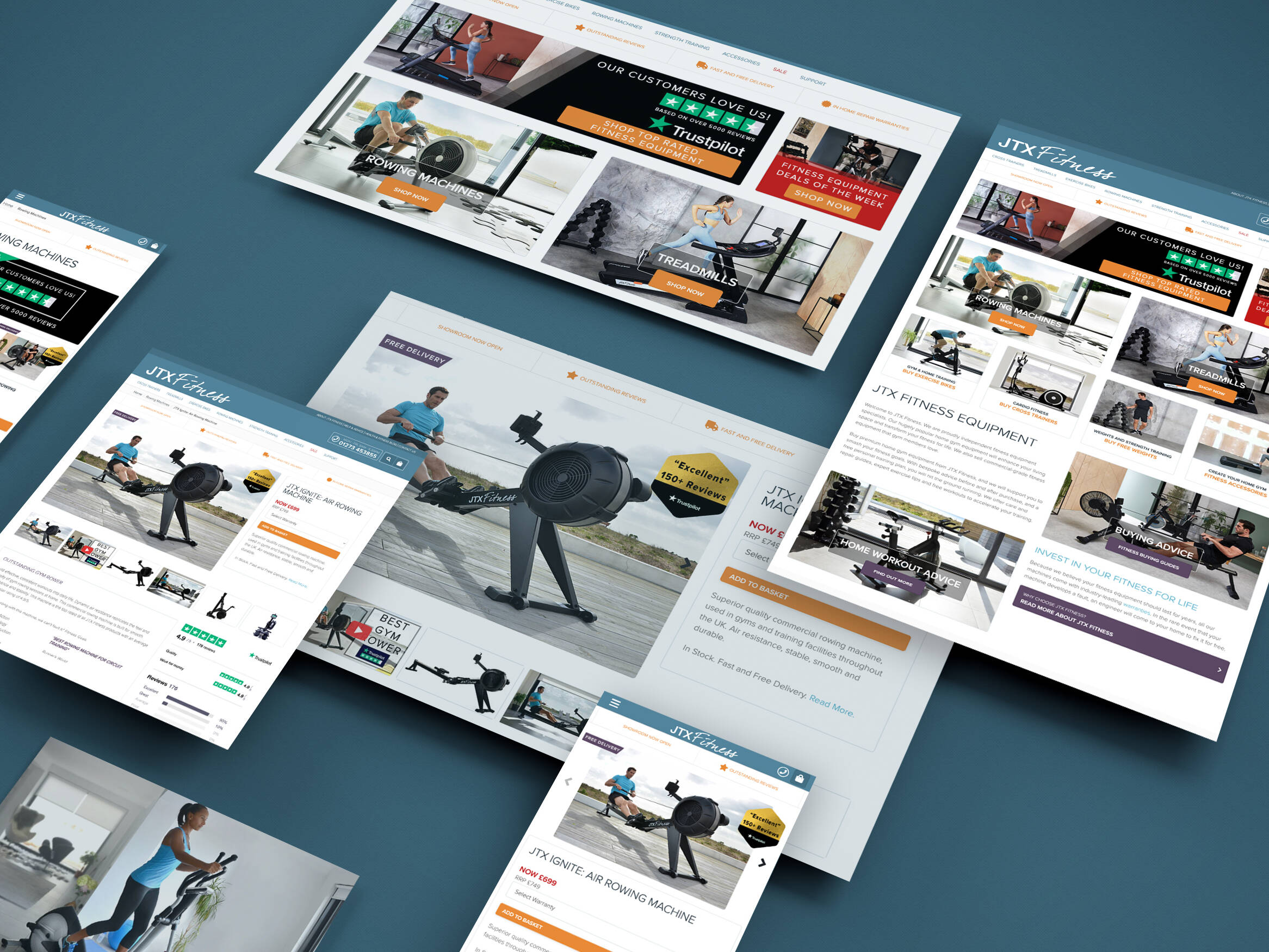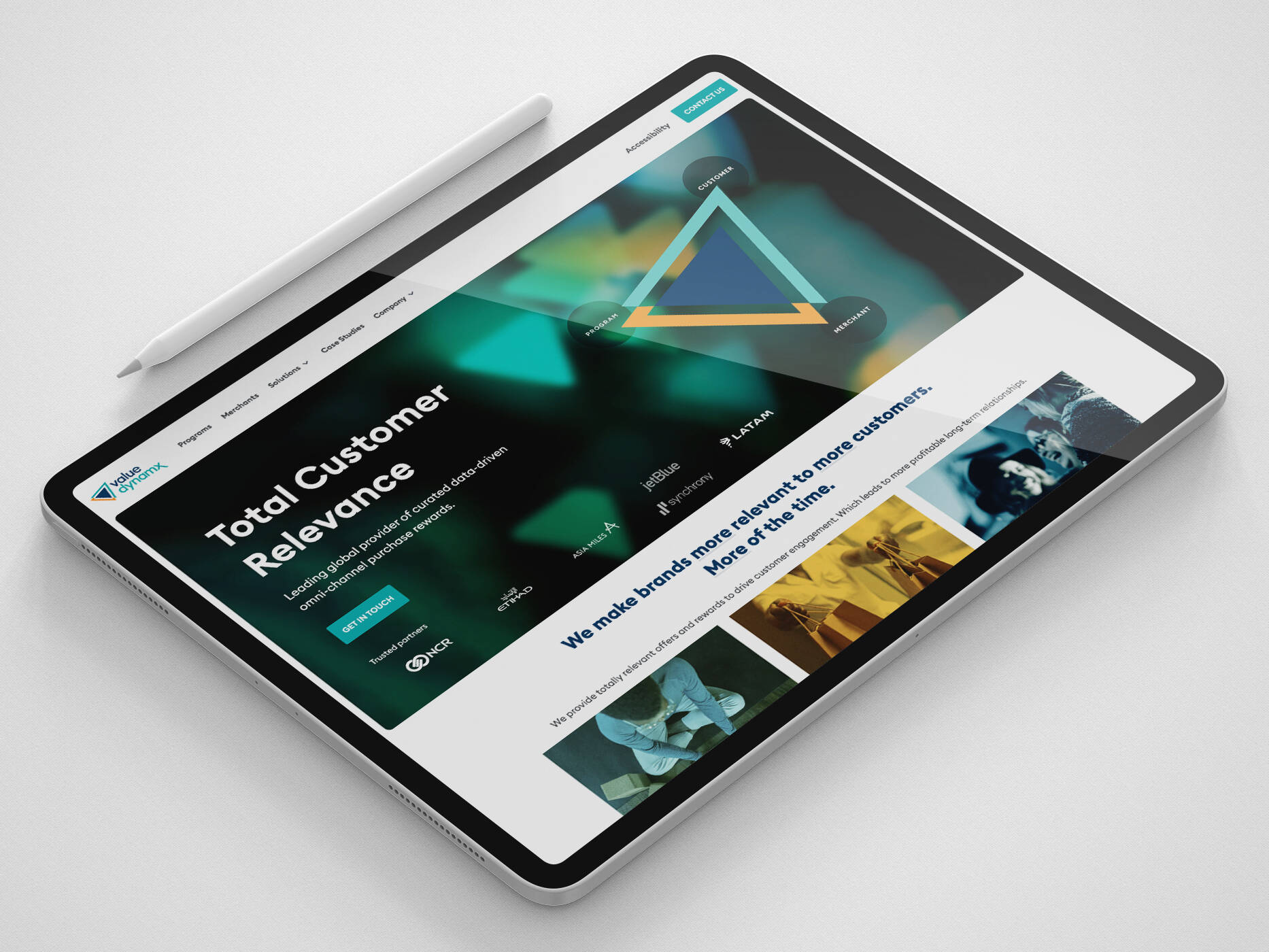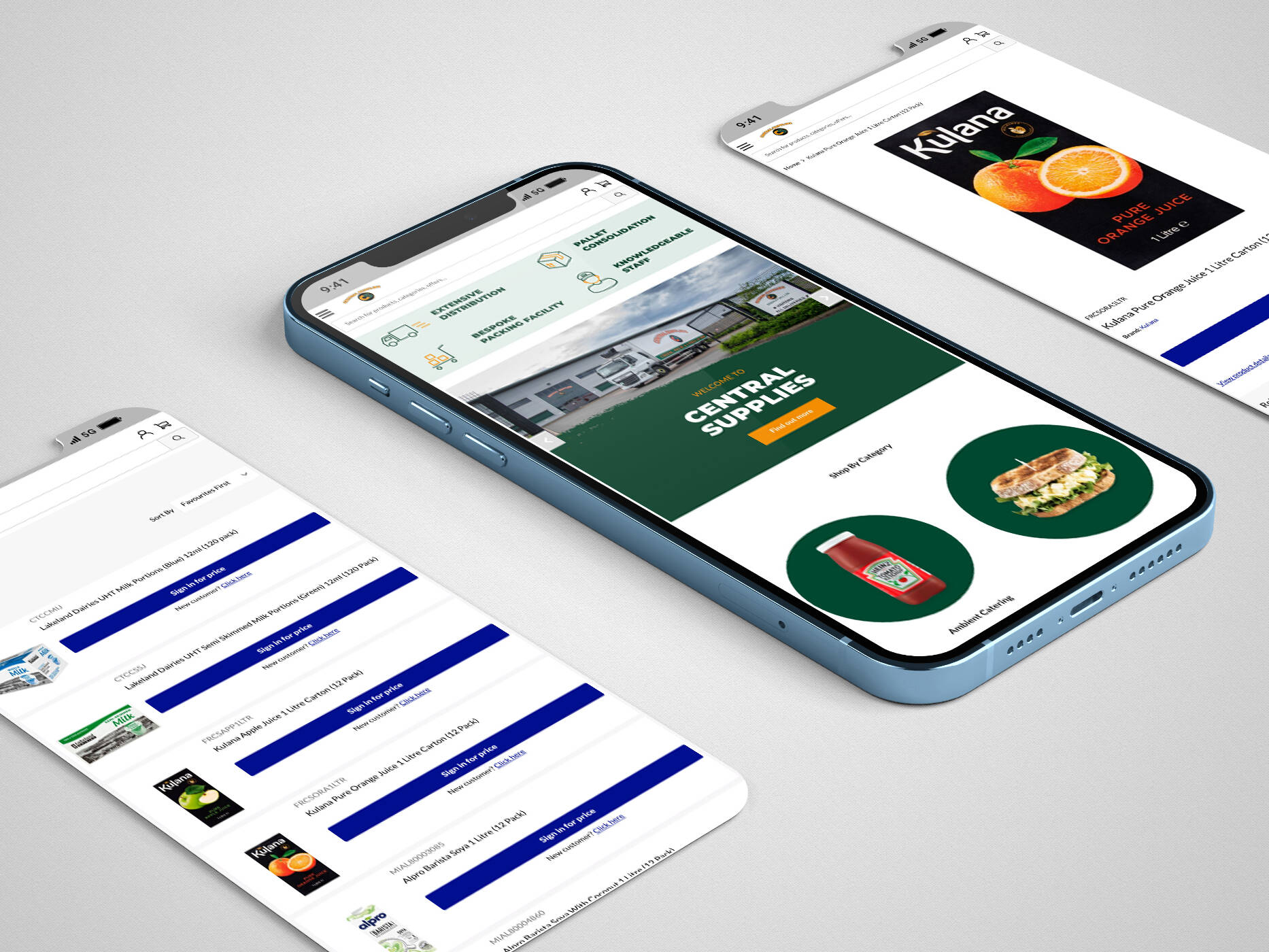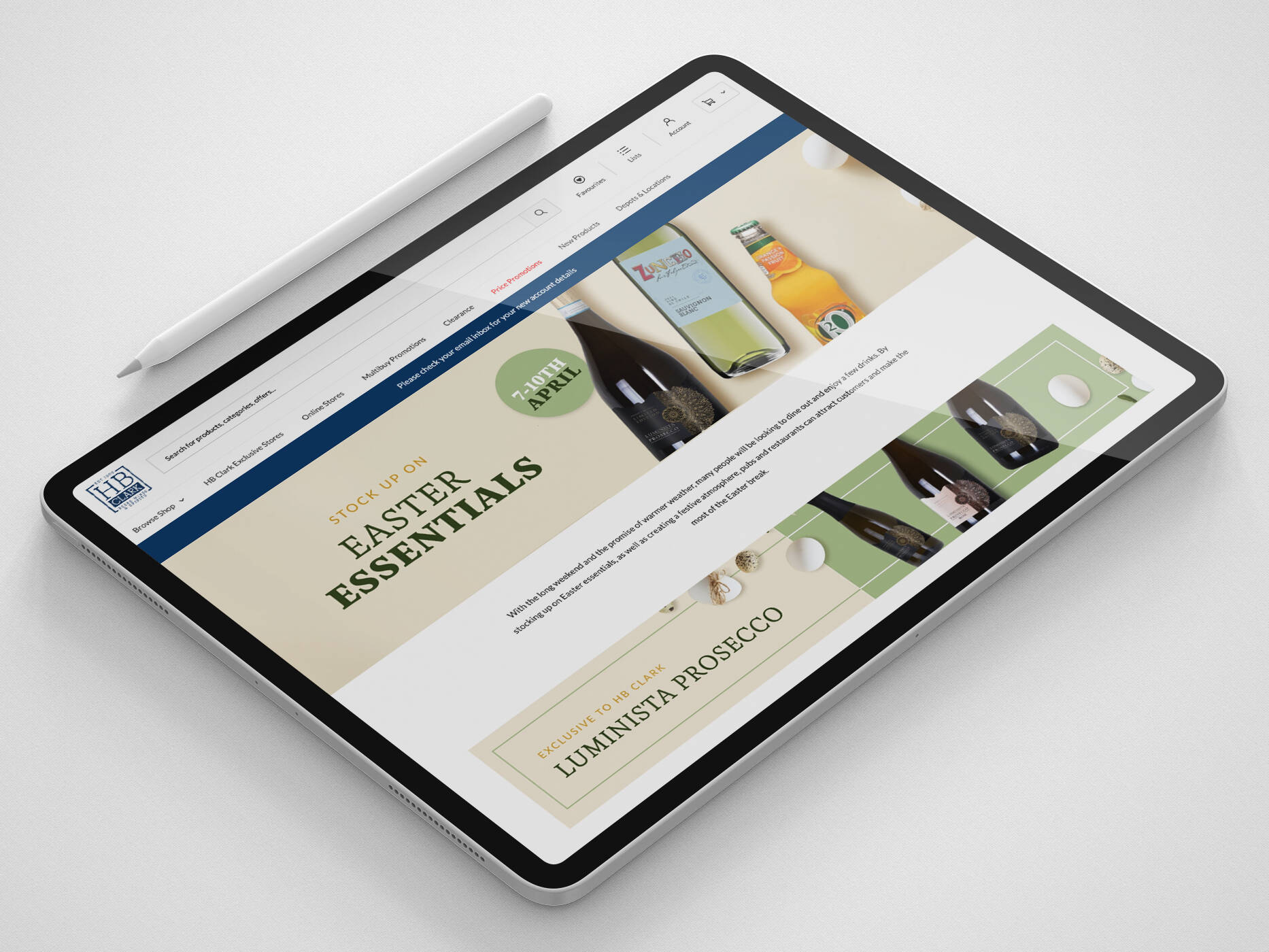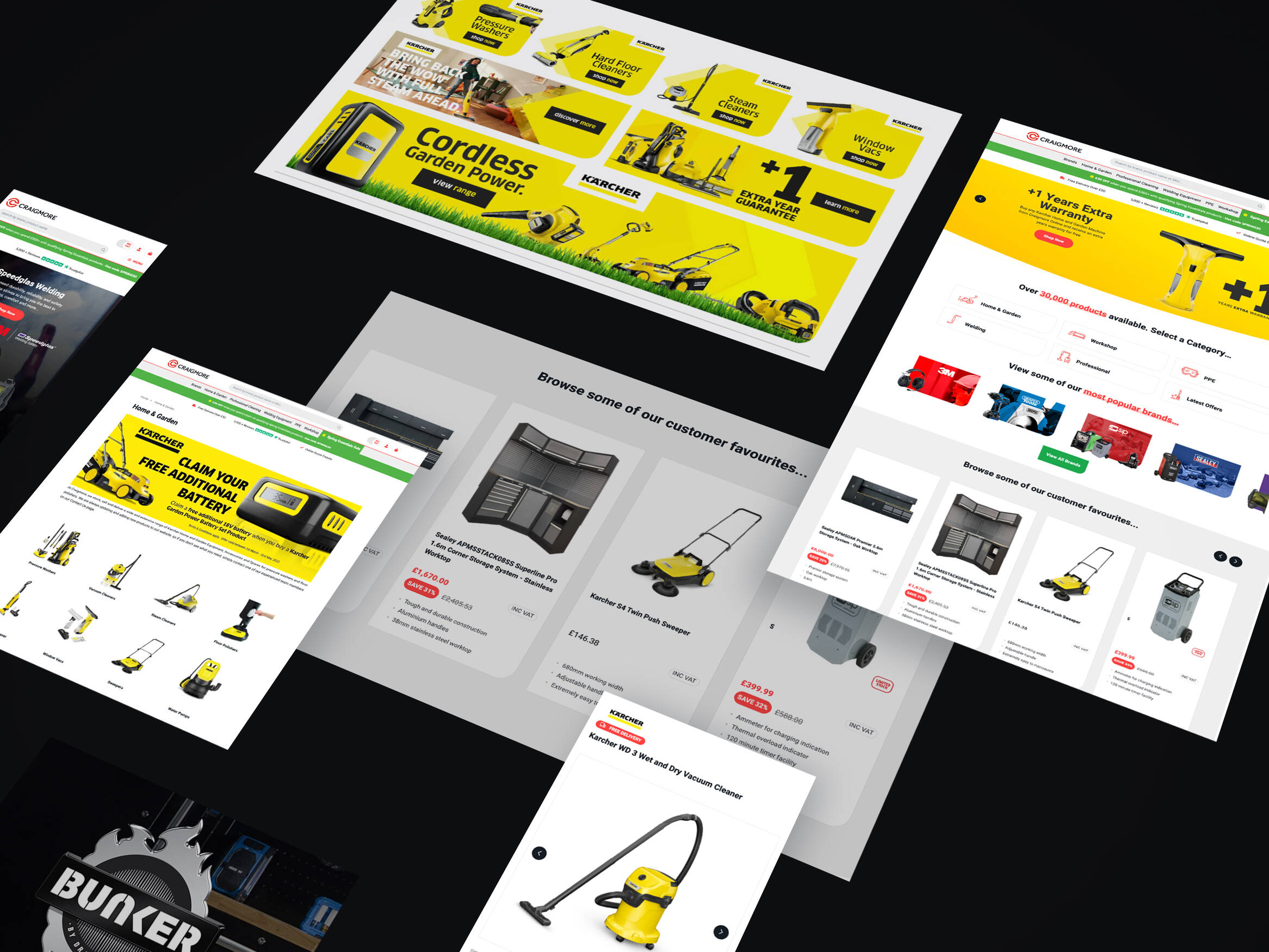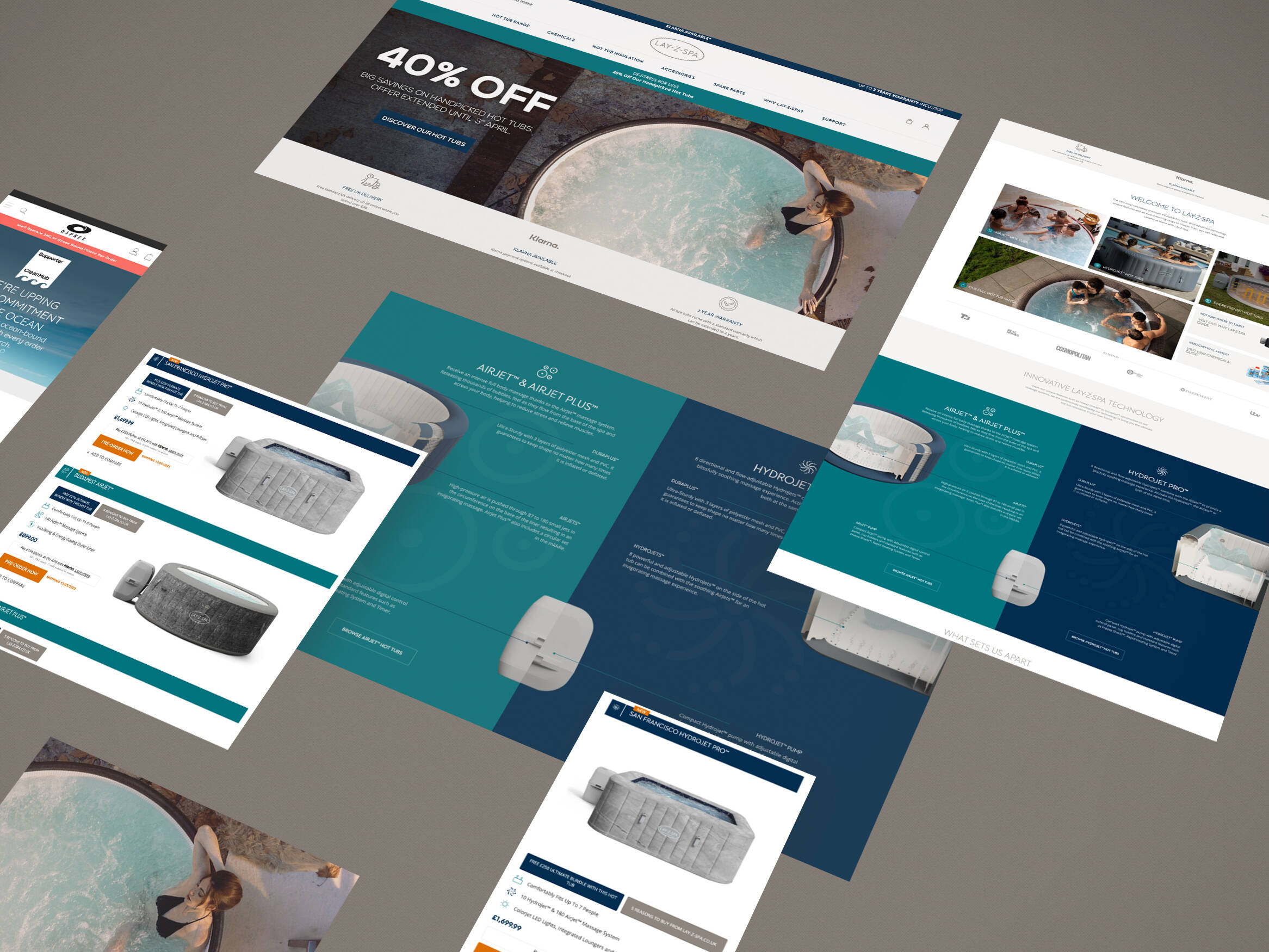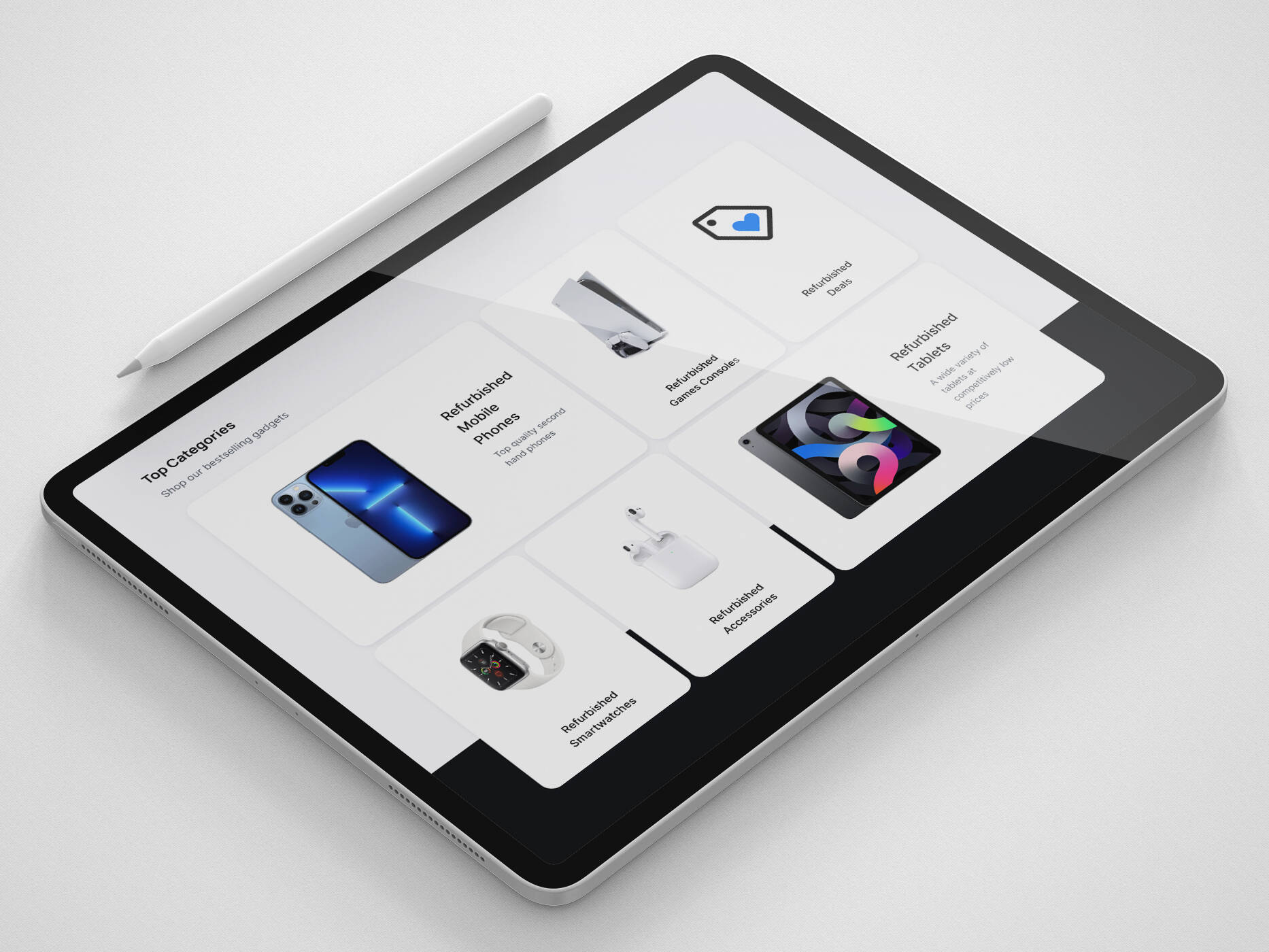In the rapidly evolving landscape of digital commerce, personalisation has emerged as a cornerstone of success. At its core, personalisation in ecommerce represents the tailored approach businesses take to cater to the unique preferences and needs of their customers. This strategy transcends mere product recommendations, embedding itself into every facet of the customer’s online shopping journey—from bespoke marketing messages to customised shopping experiences. As ecommerce continues to dominate retail, the ability to deliver these personalised experiences has become not just a competitive advantage but a necessity. This article delves into the myriad ways in which tailored experiences are revolutionising ecommerce, driving unparalleled success across diverse industries and verticals.
The rise of personalised e-commerce
The journey towards personalised ecommerce has been shaped by two key factors: technological advancements and shifting consumer expectations. Today’s digital landscape, enriched with data analytics and artificial intelligence, provides businesses with the tools necessary to understand and predict customer behaviour with remarkable accuracy. This technological leap has coincided with a change in consumer behaviour; shoppers now expect interactions with brands to be relevant, timely, and, above all, personal. These expectations have set the stage for a new era of ecommerce, where personalisation is not just appreciated but demanded.

Benefits of personalisation in e-commerce
Increased customer engagement: Personalised content and recommendations capture customer interest much more effectively than generic interactions. By leveraging customer data to present products and offers that align with individual preferences and purchasing history, businesses can significantly increase engagement rates.
Enhanced customer loyalty and retention: Customers who feel understood and valued are more likely to develop a loyal relationship with a brand. Personalised experiences, therefore, not only attract customers but also play a crucial role in retaining them over time.
Improved conversion rates: Tailoring the shopping experience to individual customers can dramatically improve conversion rates. When customers are presented with products that match their interests and needs, the likelihood of purchase increases substantially.
Higher average order value: Personalisation strategies, such as recommending complementary products or exclusive deals based on shopping behaviour, can encourage customers to make larger purchases, thereby increasing the average order value.
Implementing personalisation across various industries
The power of personalisation extends across all sectors of ecommerce, offering unique benefits and challenges to each. Here are how various industries are harnessing personalised experiences for e-commerce success. Each of these industries benefits from implementing personalisation in unique ways, demonstrating the versatility and power of tailored ecommerce experiences.
Foodservice Wholesale
By understanding customer preferences and seasonal demands, wholesalers can offer personalised menus and product suggestions, enhancing the ordering process for restaurants and food services.
Building Supplies & Construction Machinery Parts Catalogs
Tailored recommendations can significantly aid professionals and DIY enthusiasts in finding the right tools and materials, streamlining their projects.
Automotive Parts
For the automotive industry, personalisation means offering a customised catalog of parts that match the customer’s specific vehicle make, model, and year, simplifying the search process.
Agriculture & Gardening
By providing season-specific recommendations and sharing expert knowledge, companies can cater to the unique needs of farmers and gardening enthusiasts, encouraging more informed purchases.
Food & Beverage
Personalisation in this sector could range from recommending wines based on past preferences to offering tailored nutrition plans, enhancing the consumer’s dining and health experience.
Health & Wellness
In the health and wellness sector, personalisation transcends conventional retail boundaries, venturing into the creation of customised health plans, supplements, and wellness programs tailored to individual health goals and conditions. This approach not only enhances customer satisfaction but also fosters a deeper trust and loyalty towards the brand, as customers feel their unique needs and preferences are being recognised and catered to.
Retail, Homewares, and Furniture
The retail industry, particularly in homewares and furniture, thrives on the ability to provide personalised shopping experiences. From recommending home decor that matches the customer’s style and preferences to offering virtual room planning tools, ecommerce businesses can significantly enhance the customer journey. This level of personalisation not only aids in decision-making but also elevates the overall shopping experience, encouraging repeat visits and purchases.
B2B Wholesale
The realm of B2B wholesale is uniquely positioned to benefit from personalisation. By understanding the specific needs and buying patterns of business clients, wholesalers can offer tailored product selections, pricing plans, and ordering experiences. This level of personalisation strengthens business relationships, encourages loyalty, and streamlines the purchasing process, leading to increased satisfaction and repeat business.
Creating solutions for global customers
At the heart of ecommerce personalisation is the ability to create solutions that cater to a global customer base. This involves not just translating the shopping experience into different languages but also understanding and adapting to cultural preferences, payment methods, and logistical challenges. Personalisation in this context means offering a truly localised experience that resonates with customers worldwide, driving engagement and sales across different markets.

Challenges and solutions in personalisation
While the benefits of personalisation in ecommerce are clear, businesses face several challenges in implementing these strategies effectively. Key among these is balancing the need for personalised experiences with concerns over data privacy and security. To overcome this, ecommerce platforms must ensure transparent communication about how customer data is used and implement robust security measures to protect this information. Additionally, integrating advanced technologies such as AI and machine learning can help businesses offer personalised experiences in a seamless and efficient manner, without compromising on customer trust.
Case studies: success stories of tailored e-commerce solutions
To illustrate the power of personalisation, let’s consider a few success stories across different industries:
- A foodservice wholesale company implemented a personalised ordering system that suggests products based on past purchases and seasonal trends, leading to a 20% increase in customer retention.
- An online retailer specialising in automotive parts introduced a vehicle-specific search feature, which resulted in a 30% uplift in conversion rates by making it easier for customers to find the right parts.
- A health and wellness brand launched a custom nutrition plan service, using customers’ health goals and dietary preferences to recommend products, achieving a 25% rise in average order value.
These examples underscore the significant impact that tailored e-commerce solutions can have on business success, demonstrating the universal applicability and effectiveness of personalisation strategies.
Personalisation in ecommerce is no longer a luxury but a necessity for businesses aiming to thrive in the digital age. By offering tailored experiences, companies can enhance customer engagement, loyalty, and satisfaction, driving significant improvements in conversion rates and sales. As technology continues to evolve, the potential for personalisation in e-commerce is limitless, promising even more innovative and effective ways to meet the unique needs of customers across all industries.
Embrace the future of ecommerce by integrating personalised experiences into your business strategy. Unlock the full potential of your online platform and discover the transformative impact of personalisation on customer engagement and business growth.
This detailed exploration into “The Power of Personalisation: How Tailored Experiences Drive Ecommerce Success” not only highlights the significance of customisation in driving ecommerce success but also provides actionable insights and real-world examples to inspire businesses across various industries to adopt personalisation strategies.
Get in touch
We know commerce, let us help you improve customer experience, increase conversion rates, and make that digital change.
- hello@iweb.co.uk




